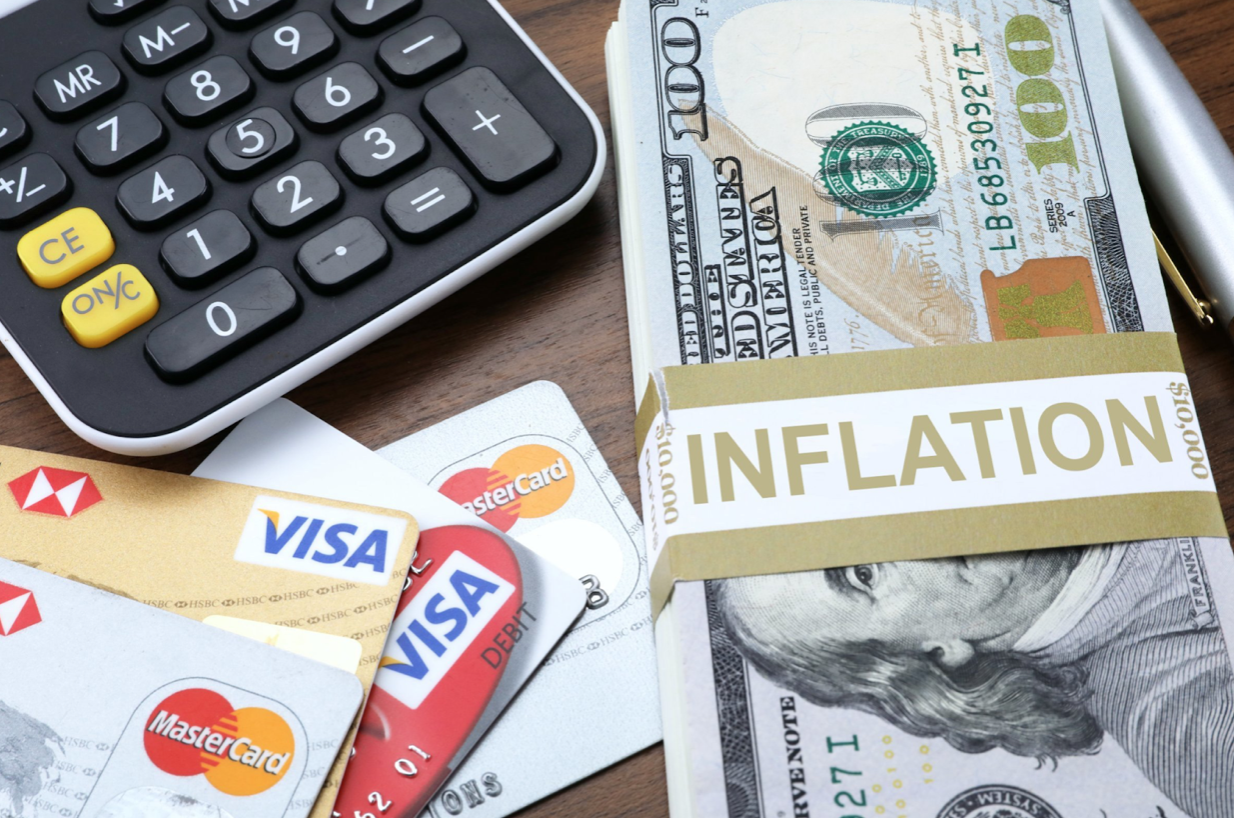‘Just-Inflation:’ Conservative Myth or Economic Inevitability?
https://pix4free.org/photo/8954/core-inflation.html
‘Inflation’ refers to a general increase in prices and, correspondingly, a decrease in the purchasing power of money - or in other words, a decrease in the bang for your buck. As the global economy continues to reckon with the devastating impacts of the COVID-19 pandemic, this phenomenon has become a daily concern for Canadians nationwide. In response, this past September Prime Minister Justin Trudeau, leader of the Liberal Party, announced his government’s latest effort to help Canadians - particularly those in the low and middle classes - cope with the ever increasing cost of living. This $4.5 Billion affordability plan includes a six-month increase of the GST tax credit, a one-time increase of the Canada Housing Benefit, and a dental benefit for some children. This announcement represents another iteration of what has been a trend of increased spending coming from the Liberal government. This summer, Deputy Prime Minister Chrystia Freeland outlined several billion of previously announced spending to curb inflation and help Canadians cope with rising prices. However, criticism of these increases in government spending have been emanating from new Conservative Party leader Pierre Poilievre. Coining the term ‘just-inflation,’ Poilievre alleges that increases in government spending merely add fuel to the inflationary fire, suggesting instead that the Federal government should be more austere in its response to inflation.
In the context of the global post-COVID economy, government spending has a multidimensional impact on inflation. By injecting money into the economy, government spending generally leads to more money in people’s pockets, and in macroeconomic terms, this results in an increase in the level of aggregate demand in the economy. However, if unaccompanied by a concomitant and equal increase in the economy’s available supply of goods and services, an increase in aggregate demand almost inevitably causes an increase in average prices across the economy. In other words, when demand increases vis-à-vis supply due to government spending, inflation is the unavoidable consequence. This description aptly characterizes the current state of Canada’s economy. Trudeau’s spending packages will inject fiscal resources into the demand side of the Canadian economy, but this will likely lead to further increases in prices due to the considerable supply shortages Canada is experiencing. Because of the pandemic’s disruption of global supply chains and the economic consequences of the war in Ukraine, amongst other significant negative shocks to global supply, the increase in Canadians’ demand for goods and services cannot be accompanied by an increase in the supply of these goods and services, and therefore prices in Canada will be forced to rise.
Notably, however, the Federal government is not the sole entity involved in the fight against inflation. The Bank of Canada, the arbiter of monetary policy in Canada, has responded to inflation by hiking interest rates, such that currently, the standing Bank of Canada interest rate is about 3.25%. Increasing interest rates has the effect of constraining the available money supply in Canada, thus seeking to combat inflation by increasing the purchasing power of money. These increases in interest rates can be partially attributed to the Liberal governments increases in spending. Indeed, a former Governor of the Bank of Canada stated that to help prevent inflation, “the only thing that the government can do is to contribute to a reduction in demand by reining in expenditures a little bit.” This statement lends some credence, then, to Poilievre’s claims that Trudeau’s spending is causing ‘just-inflation.’ Nonetheless, the Liberal government continues to argue that with more money in people’s pockets, Canadians will be better able to cope with higher prices – and this argument is not without support.
In fact, a recent report by Desjardins Canadian Economics recommends that although government spending likely did contribute to inflation, a large decrease in spending would not be beneficial to the economy. Indeed, according to the report, continued social spending will be crucial for low-income and otherwise vulnerable Canadians to navigate the difficult economic conditions left in the wake of the pandemic. The authors of the report appear to emphasize monetary policy tools over fiscal measures, arguing that interest rate increases are and will continue to be a vital means of slowing down the Canadian economy, particularly for the housing sector.
But what other strategies other than increased government spending could be employed to respond to inflation in Canada? If government spending is oriented towards the demand side of the economy, perhaps the focus of the government’s anti-inflation policies should be shifted toward the supply side of the economy. Indeed, as demonstrated earlier, the supply side of the Canadian economy is very much the root of the inflationary problem. For example, the Brookings Institute suggests that to improve global supply chains and thus to increase domestic supply in Canada, the government could take steps to boost domestic production, facilitate transportation of goods, manage labour shortages, incentivize further economic competition, and mitigate the geopolitical tensions contributing to supply shortages.
However the federal government chooses to proceed, one thing remains clear: the inflation crisis Canada is currently experiencing will only worsen as a result of government inaction. For now, it appears that the Liberal Party will continue along the trend of mitigating the consequences of inflation for the lower and middle classes through large, targeted spending programs. This Liberal policy undoubtedly helps Canadians cope with rising prices, but it also fails to address the macroeconomic roots of Canada’s inflation problem. As has been shown, this policy risks further contribution to rising inflation, and thus the urgency of promoting fiscal discipline and reining in government spending, and/or stimulating the supply side of the economy to counterbalance ever-increasing demand, will only increase.

